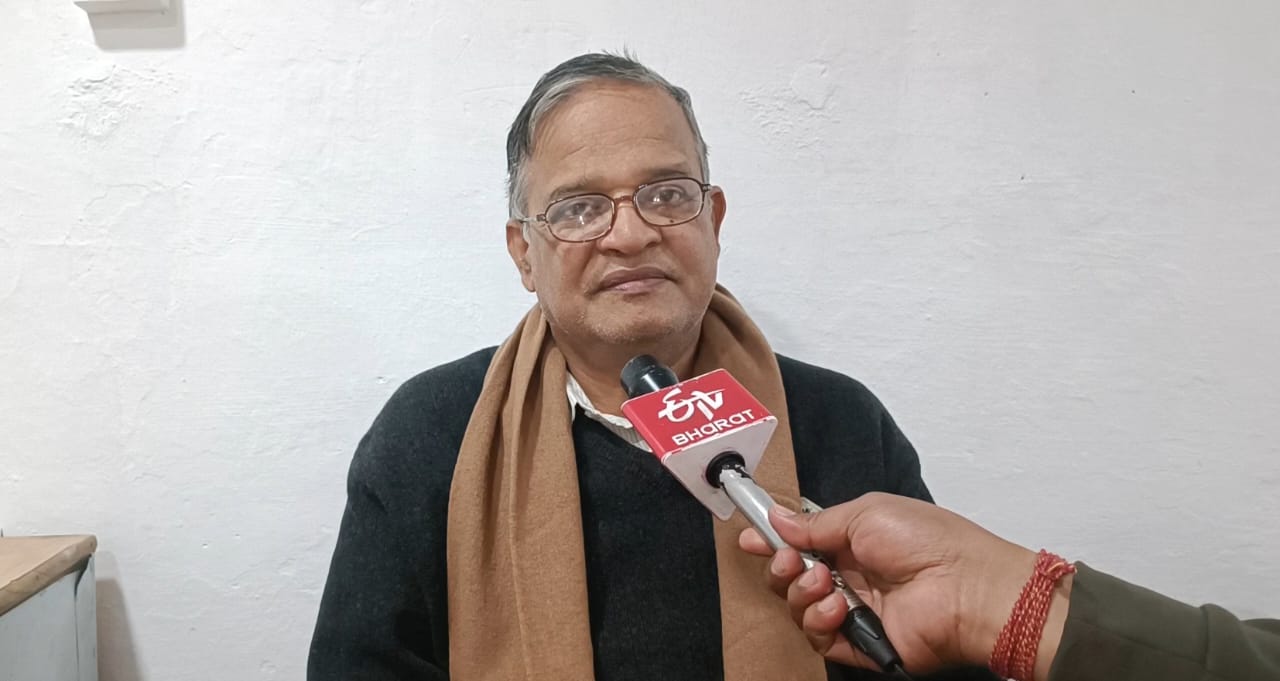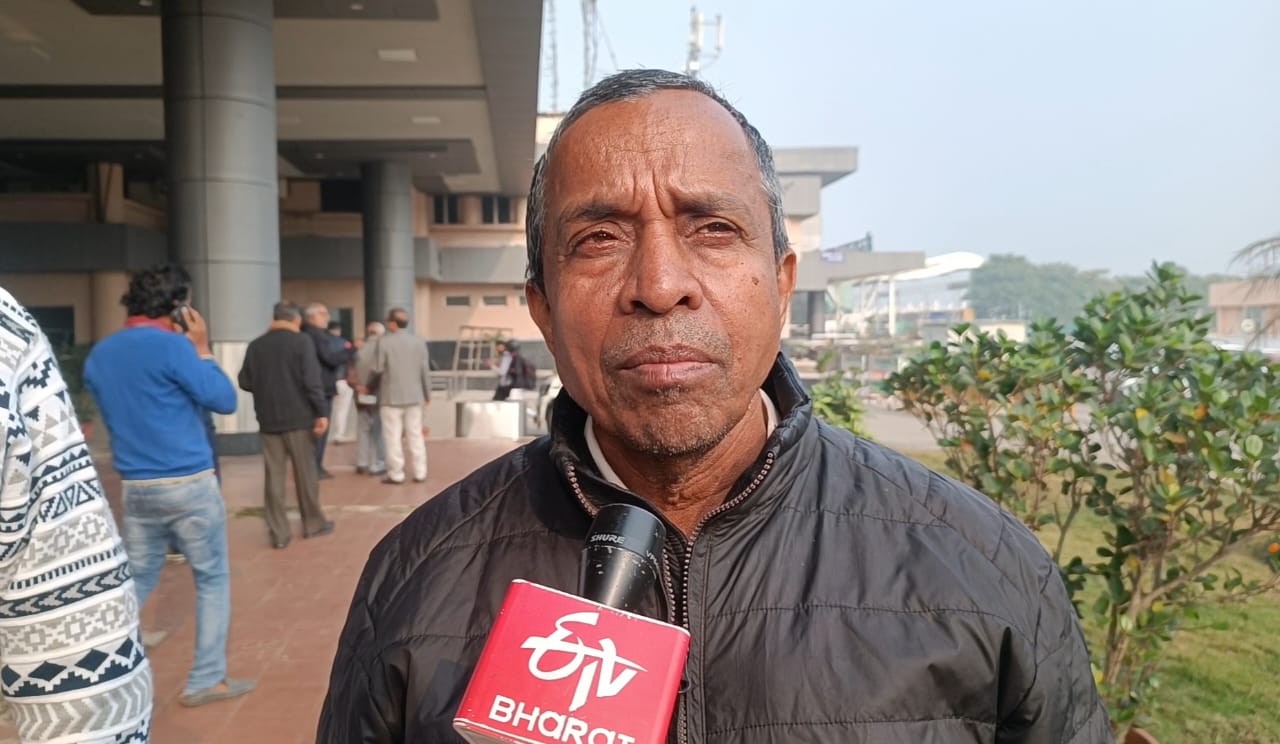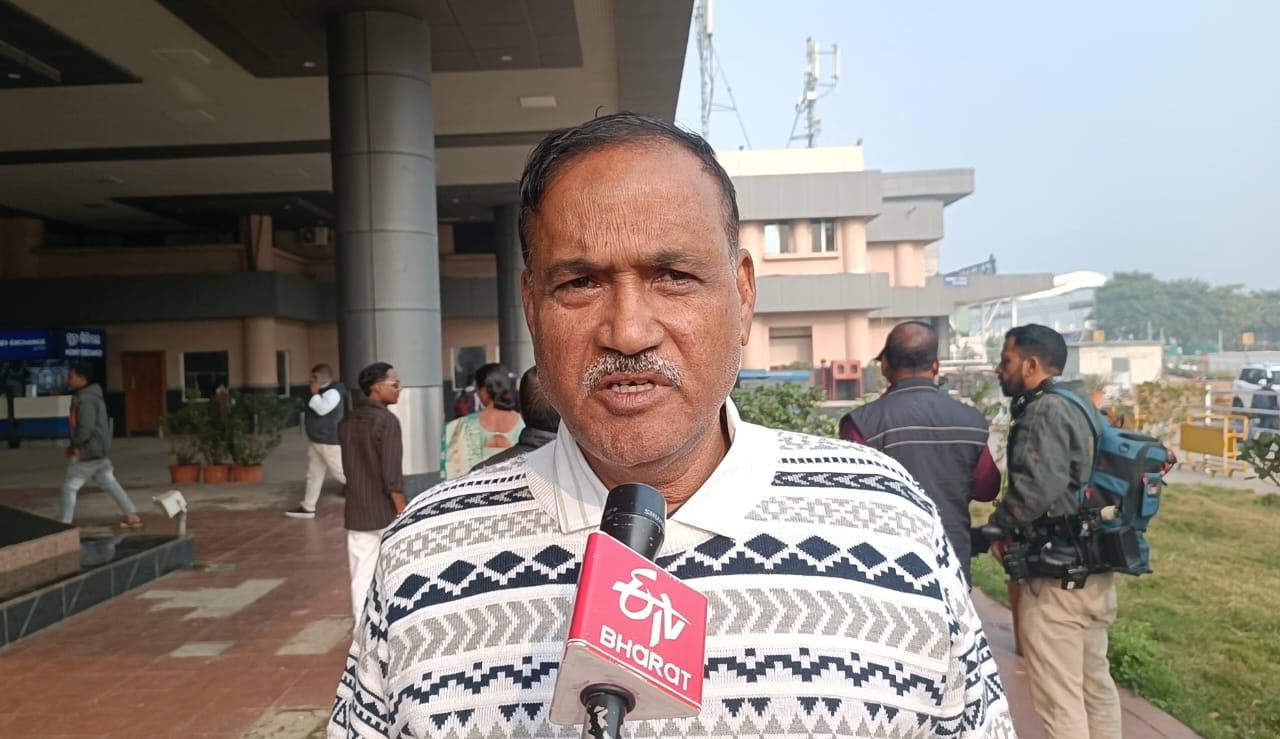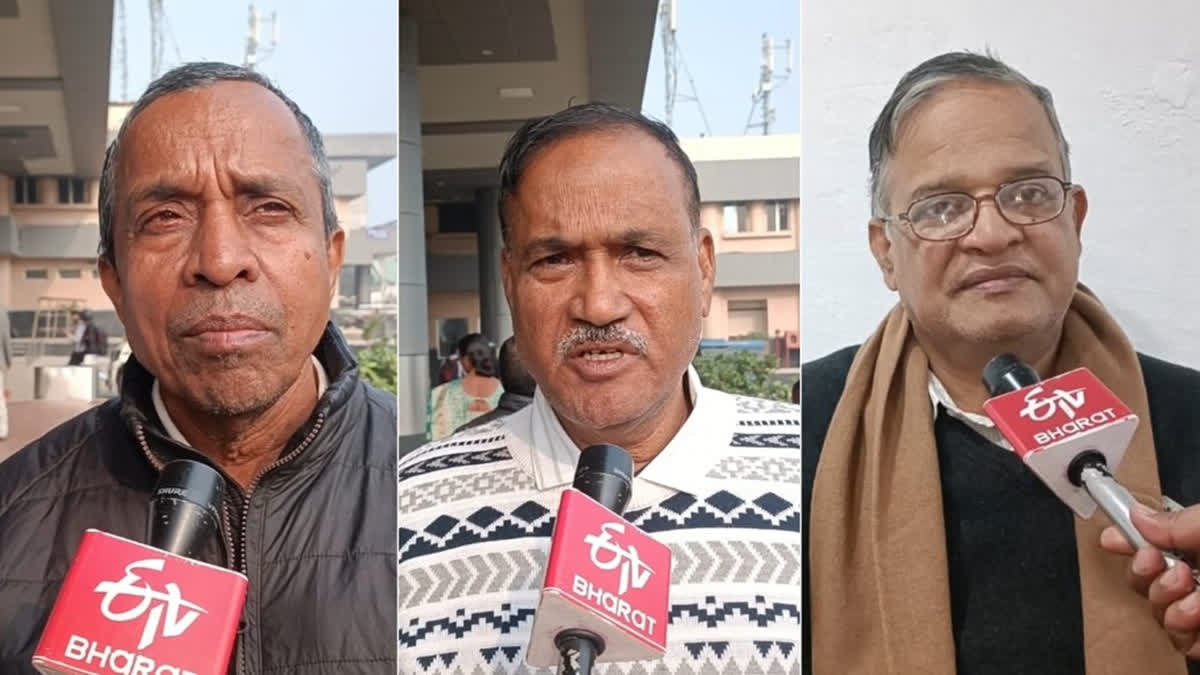Bhubaneswar: The dark dingy room of the jail in the city haunts Bhubanananda Tripathi even after 49 years and some months. The rattling noise of locks and bars, the unhygienic environs, the food that was bereft of taste and the scary nights came alive as Tripathi gets the news that the government of Odisha declares provision of pension to all those who had spent countless sleepless nights in prison during the Emergency in 1975.
Tripathy is one of the 1200 brave souls from Odisha who were among 1.1 lakh arrested during Emergency and endured torture, humiliation and their crime was - demanding democracy. The arrests were made under the Maintenance of Internal Security (MISA) Act, the Defence and Internal Security of India Act (DISIR) while students and youth leaders were arrested under the Defence of India Act (DIR).
"Democracy had become a joke," smiles Tripathy as he opens up about the days back in the 1975. "I was all of 22 years, and imprisoned because I spoke against a government that silenced people. The era will end for me only when I die, lest it is not easy to erase the scars of jailed life," he says lost in the days of yore.

Tripathy along with six others was arrested and imprisoned on January 6, 1976, for about 46 days. They were protesting the arrests of Atal Bihari Vajpayee, Lal Krishna Advani, Nabakrushna Chowdhury, Biju Patnaik, Harekrushna Mahatab. "On behalf of the youth and students, we held protests in front of the Bhubaneswar court and were distributing leaflets when the police got the news and arrested us," he explained.
"I had just completed my Masters in Arts from Utkal University and started a job. All my batchmates were incarcerated and confined to a room without walls, and we had to sleep on the floor. Words fail to describe the plight within the confines. Around 50 of us shared a single toilet, and forced to breathe the stench emanating from all the toilets," narrates Tripathi, who retired from service about a decade back. He was working with the AG office and later shifted to a company in the private sector.
Tripathy said the meals in the prison consisted of roti and ghee in the morning, rice, dal, and cabbage at noon, and roti with watery dal in the evening. "After Indira Gandhi lost the elections, the Janata Party government was formed in Odisha when Nilamani Routray became the Chief Minister. We were cleared of all charges and released from jail on February 22, 1976," he reminisces.
Two other prisoners of Emergency Surendra Nath Nayak and Nirmal Kumar Jena arrested under MISA also shared their stories.

"I was in the ninth grade. Along with me, students of eighth, ninth and tenth grades of my school were also arrested in 1975 and spent five months in Cuttack Central Jail. Our school was a centre of national consciousness. Headmaster Bhagwan Dash and teachers like Upendra Biswal instilled national consciousness in us. During Emergency, there was a sense of anxiety in the mind," explains Nayak. He also corroborated the pathetic condition of jails where they were lodged.
Jena, who was arrested while in class ten says, since political leaders were arrested, we never thought being behind the bars would mean a different life altogether. "I was at Angeswarpada High School in Cuttack district when I was arrested. After political figures were taken to jail, some of us friends protested the tyrannical leadership and were sent behind the bars. We served jail term for five months," narrates Jena.
While Nayak was working with the government and retired six years ago, Jena runs a business. Their families are also happy not because they would get a pension from the government but for the recognition which came, though late.
Expressing happiness on the state government decision to give them pension and other benefits, Jena says, "We never thought of pension or allowance at that time. This is nothing less than an honour from the government, and a matter of pride for us," quips Jena.

To give them their due for bearing with Emergency as prisoners, the Odisha Government led by Chief Minister Mohan Majhi issued a notification on Monday to provide them with pension besides medical benefits.
Tripathi explained that there was no charge sheet system under the MISA Act 1971 neither was the accused produced in court. "It was the District Magistrate who issued an order that the person booked under MISA is a threat to national security, so he should directly be imprisoned. The case was then reviewed after six months and if the prisoner did not get released, the period of imprisonment automatically got extended," he further stated.
Among the Odisha leaders arrested were former chief ministers Nabakrushna Chowdhury, Biju Patnaik, Harekrushna Mahatab, besides leaders like Amar Satpathy, Panchanan Kanungo, Prasanna Acharya, Bimbadhar Kuanr and Biswabhushan Harichandan.
The Emergency was declared on June 25, 1975 and continued for 21 months before being lifted on 21 March 1977. The events leading to the Emergency began on June 12, 1975, when the Allahabad High Court ruled that then Prime Minister Indira Gandhi was disqualified from holding office for six years, citing electoral malpractice. This ruling led to widespread political turmoil. Just 13 days later, on June 25, the government, under Indira Gandhi’s leadership, sought and obtained approval from President Fakhruddin Ali Ahmed to impose Emergency across the country.
After Emergency was lifted, the Loktantra Senani Sangh was formed all over India which looked into the welfare of the prisoners and demanded facilities for them. Madhya Pradesh, Rajasthan, Bihar, Uttar Pradesh and Chhattisgarh were among the 16 states that implemented the pension system for the MISA prisoners. Mulayam Singh Yadav and Lalu Prasad Yadav implemented it in their states when they were chief ministers since both were arrested during the Emergency.
The movement demanding pension in Odisha started in 2010. As per data collected in 2010, about 1200 people from Odisha were arrested during the Emergency. However, the addresses of about 300 people could be found, of which 100 had passed away. As of now, the records state that while 150 are alive, the rest are dead.
Speaking to the media on Tuesday, Odisha Chief Minister Mohan Charan Majhi said the Emergency is a black day for the democratic system of the country. "The hopes of the prisoners arrested during the Emergency between 1975 and 1977 have been fulfilled as they have got their due recognition and honour. The state government will provide them with a monthly pension of Rs 20,000, train travel facilities and cover them under health insurance," Majhi said.



